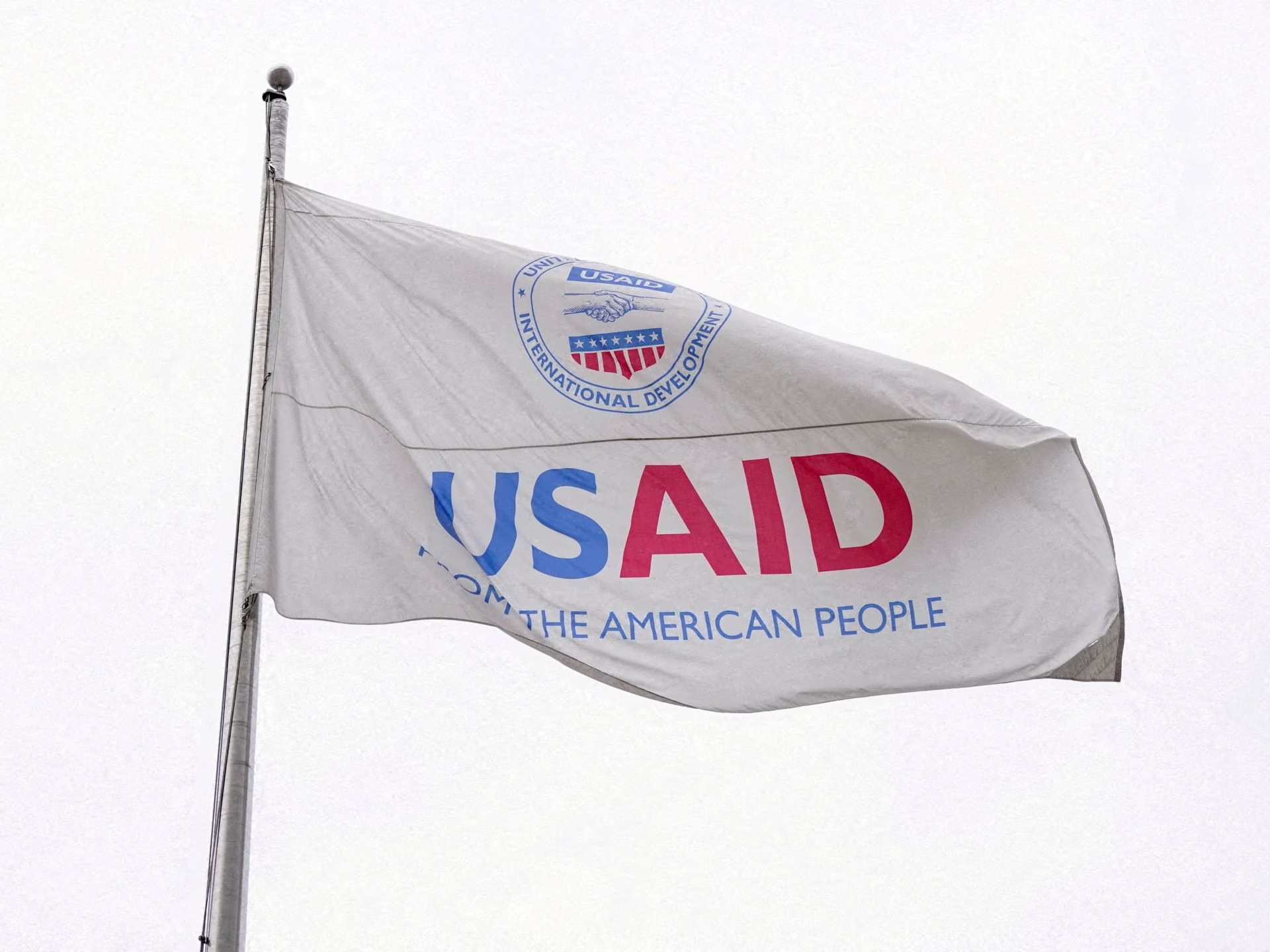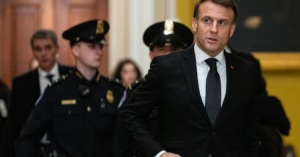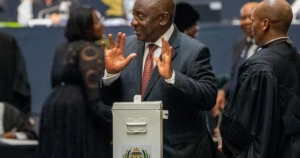On January 20, President Donald Trump implemented a 90-day suspension of foreign aid, directly affecting financial assistance distributed by the United States Agency for International Development (USAID), with significant ramifications felt worldwide, particularly in Africa. In 2023, USAID pledged $12.1bn in funding for sub-Saharan African countries, targeting enhancements in healthcare, food assistance, and security sectors, including support for the US President’s Emergency Plan for AIDS Relief (PEPFAR).
This halt in funding has caused widespread distress across Africa, leaving millions reliant on US-government-supported services in a precarious and uncertain position. On February 6, South Africa’s Health Minister Aaron Motsoaledi detailed the substantial impact of PEPFAR, which provides 17 percent of the nation’s HIV/AIDS funding, exceeding 7.5 billion rand ($407m), and supports critical programs for the 7.8 million South Africans living with HIV/AIDS. The move puts South Africa’s HIV/AIDS response in jeopardy, directly influenced by Trump’s political agenda, yet underscores the need for the nation to assume responsibility for its socioeconomic challenges rather than relying on foreign aid.
South Africa, boasting the most advanced economy in Africa, should minimize its dependence on PEPFAR, ensuring USAID funding does not become a cornerstone of its health budget. This reliance on external funding highlights a systemic issue: widespread mismanagement and corruption within South Africa’s government, costing the country billions of rand annually, funds desperately needed for vital service delivery, including HIV/AIDS healthcare. Tembisa Provincial Tertiary Hospital exemplifies the deprivation resulting from corruption, facing service delivery challenges and critical shortages.
Government corruption is not isolated; the Auditor General of South Africa reported 50.65 billion rand in irregular expenditure across 38 government departments and 69.35 billion rand in losses from 27 state-owned enterprises for 2024, dwarfing the yearly US assistance to South Africa. Addressing these corruption issues is crucial for South Africa to reduce its dependency on foreign aid.
Similarly, Kenya is grappling with a $207m assistance suspension for 2024, endangering vulnerable populations, such as HIV-positive orphans at Nyumbani Children’s Home in Nairobi, which has received over $16m from USAID and PEPFAR. Without the necessary funding, thousands could face severe health risks and be deprived of essential HIV/AIDS counselling services. Kenya has the opportunity to mitigate this by combatting corruption, revaluing public expenditure, and focusing on effective governance, as corruption is estimated to cost Kenya $4.7bn annually, or 7.8% of its GDP.
Nigeria presents another critical case, with significant self-imposed challenges and economic potential hindered by corruption, losing approximately $18bn annually to financial misconduct. A PwC Nigeria study in 2016 suggests corruption could represent 37% of the country’s GDP by 2030. Nigeria, along with other African nations, must prioritize self-sufficiency and principled governance to break free from Western aid dependency, ensuring that the wellbeing of their citizens is not left at the mercy of foreign aid and Western political volatility.
Source: https://www.aljazeera.com/opinions/2025/3/13/trumps-usaid-freeze-must-serve-as-a-wake-up-call-for-africa?traffic_source=rss







